
Four Mexican journalists killed in a month
In Mexico, the killing of camera operator and video editor Roberto Toledo in Zitácuaro, a town 80 miles west of Mexico City, marks the fourth media worker killed in the country in less than a month in 2022. CPJ Latin America and the Caribbean Program Coordinator Natalie Southwick discussed the climate for journalists in Mexico…

CPJ calls on EU to promote press freedom at upcoming meeting on Ethiopia
Brussels, July 8, 2021 – In preparation for the Council of the European Union’s July 12 discussion on Ethiopia, the Committee to Protect Journalists issued the following statement: “As the Council of the European Union seeks to address the unravelling humanitarian crisis in the conflict-affected Tigray region, it should also focus on how the Ethiopian…
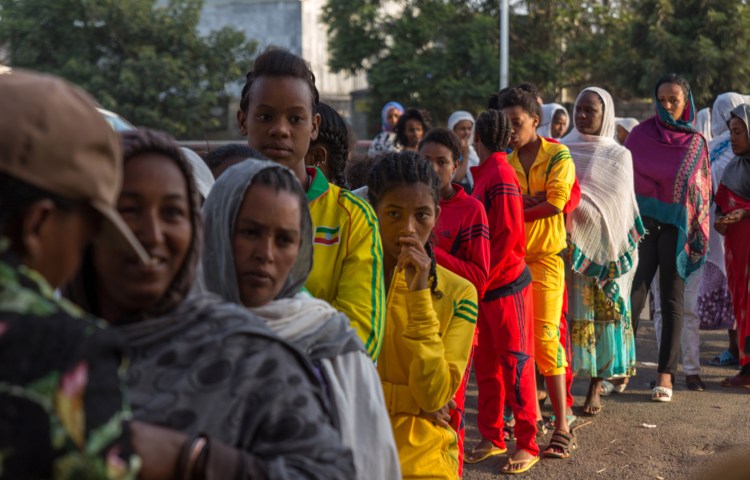
Ethiopia elections 2021: Journalist safety kit
Ethiopia is scheduled to hold general elections later this year amid heightened tensions across the country. Military conflict broke out in the Tigray region in November 2020, and is ongoing; over the past year, several other regions have witnessed significant levels of violence and fatalities as a result of protests and inter-ethnic clashes, according to…
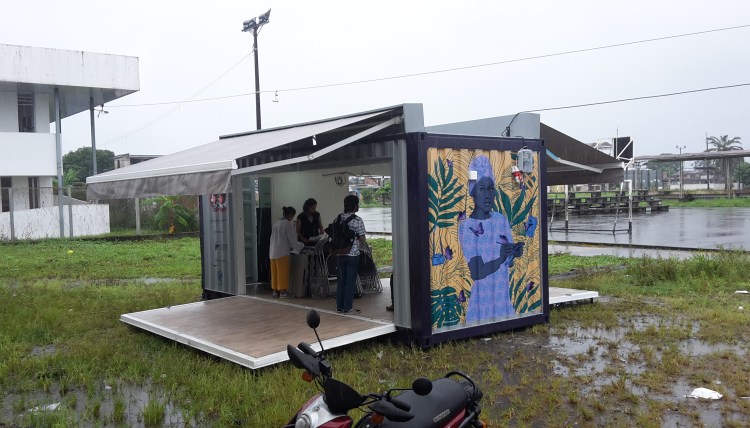
In Colombia, a shipping container on wheels brings a roving reporting workshop to news deserts
Can the key to ending news blackouts in isolated areas of Colombia come from inside a shipping container? The Bogotá-based Foundation for Press Freedom (FLIP) thinks so. In an experiment to turn community activists into reporters in regions that lack local news outlets, FLIP has converted a shipping container into a roving journalism classroom. For…

Year in review: The state of press freedom in 2019
This year, journalists worldwide faced attacks, arrests, and censorship. In September, we released our annual 10 Most Censored list, highlighting the range of online and offline techniques used to censor journalism and restrict press freedom. Meanwhile, protests in over two dozen countries posed risks to members of the press. Journalists faced threats while covering civil…
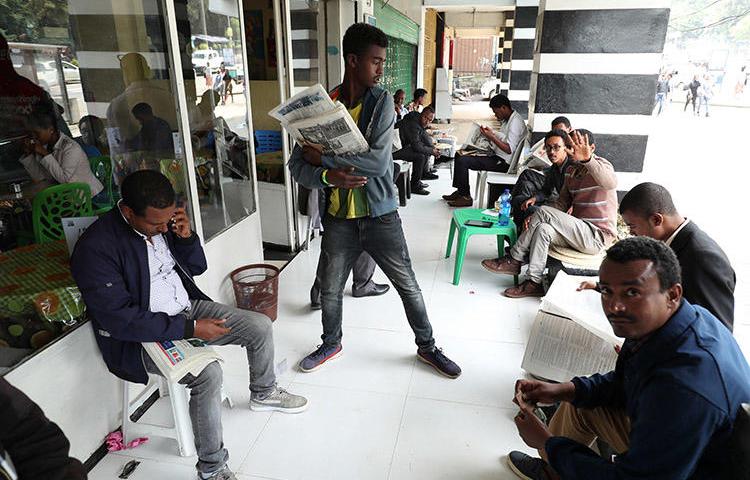
In era of reform, Ethiopia still reverts to old tactics to censor press
On June 22, Ethiopia was plunged into an internet blackout following what the government described as a failed attempted coup in the Amhara region. In the aftermath at least two journalists were detained under the country’s repressive anti-terror law, part of an uptick in arrests that CPJ has noted in the country since May.
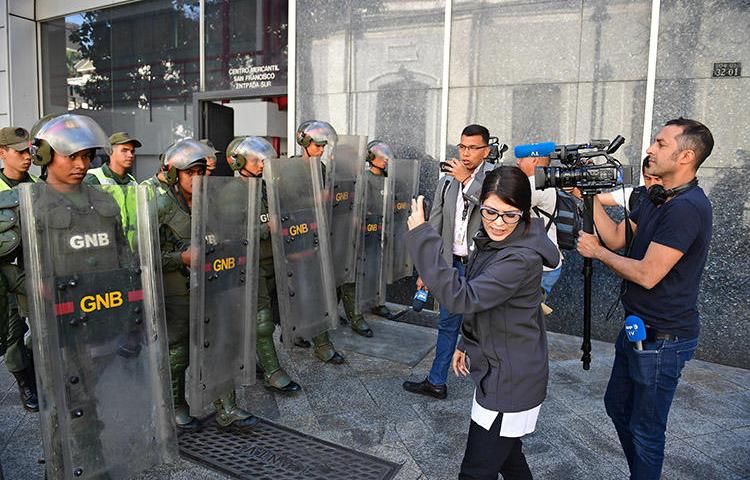
Caracas full of uncertainty for journalists covering Venezuela crisis
A year after disputed national elections in Venezuela, and with access to information growing ever-scarcer, the country remains in a political and economic crisis. Conditions for the press have deteriorated further since January, when Juan Guaidó, the head of the opposition-led national assembly, declared himself interim president.

Challenges facing journalists trying to cover latest violence in Venezuela
The long-running political crisis in Venezuela escalated on April 30, 2019, after a civilian and military uprising was thwarted by the government of Nicolás Maduro, according to news reports. Opposition leaders Juan Guaidó and Leopoldo Lopez, accompanied by members of the armed forces, congregated on a highway in eastern Caracas and called upon the armed…
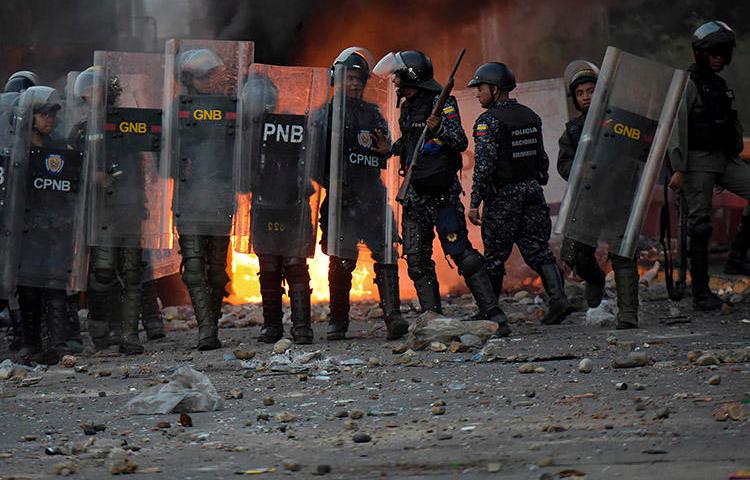
Uncertainty and risk for journalists stranded at Venezuelan border
As Venezuela’s political crisis deepens, and the country closes its border with Colombia following violent clashes in late February, CPJ’s emergencies director, María Salazar Ferro traveled to the Colombian border city Cúcuta, with Luisa Isaza, head of protection for the Colombian press freedom group FLIP, and CPJ’s Andes correspondent, John Otis. There, they met with…

Venezuelan police detain reporter Danilo Gil while covering protests, charge him with resisting authority
On March 30, 2019, police from Lagunillas, a municipality in Zulia state, beat and detained journalist Danilo Alberto Gil, a reporter for Venezuelan news outlet NotiRedVe–which operates on Twitter and Facebook–at around 9:30 a.m., while he was covering an opposition protest in the town of Ciudad Ojeda, according to posts on Twitter by NotiRedVe, local…